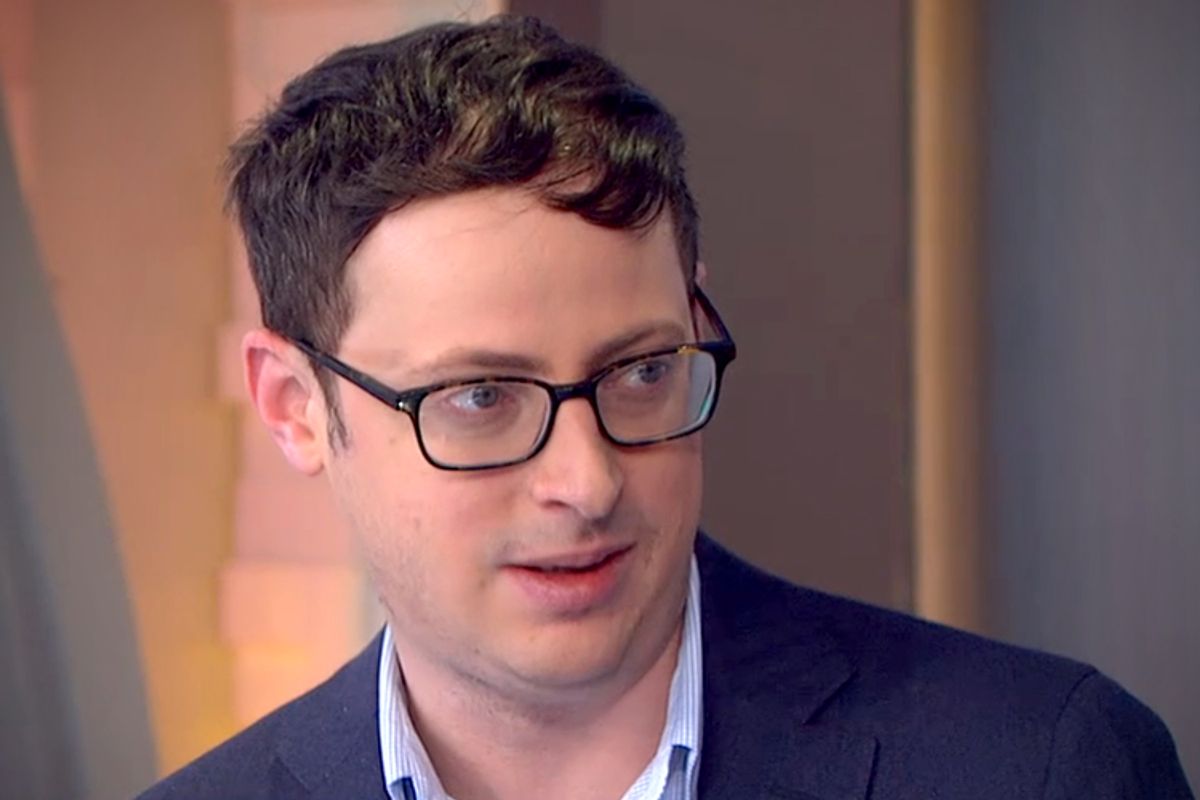In his latest on FiveThirtyEight.com, Nate Silver considers the varying impacts a politician's gaffe or faux pas can make during an election campaign. Focusing on an Iowa Senate seat race, Silver notes that one gaffe can be a game changer:
In Iowa, where Democratic Sen. Tom Harkin plans to retire, fellow Democrat Rep. Bruce Braley was looking like his most likely heir. Until, that is, the Republican PAC America Rising released a video of Braley referring to Iowa’s other senator, Chuck Grassley, as a “farmer from Iowa who never went to law school." Iowa is no place to insult farmers, and Silver considers Braley's one comment his potential downfall in the race.
But why are some gaffes more potent than others? For example, as Silver notes, Mitt Romney’s “47 percent” comments during the general election campaign barely moved the polls.
Silver gives a pretty basic rundown of why in certain (presidential compared to congressional) elections a faux pas can be a game-changer:
Races for the Senate differ in some important ways.
First, the candidates are usually less well-known to voters. Braley has strong name recognition in the northeastern quadrant of Iowa, which he represents in Congress. But statewide, 46 percent of Iowans hadn’t known enough about him to form an opinion, according to a Quinnipiac University poll conducted before the release of the “farmer” video. For some of them, the “farmer” comment will represent their first impression of the candidate.
The second difference is that the presidential race is never a sideshow. Even contests as lopsided as Reagan vs. Mondale in 1984 generate a disproportionate amount of media attention. By contrast, senatorial campaigns compete against one another for scarce resources, such as funds from campaign committees, and attention from activists and the national press.



Shares